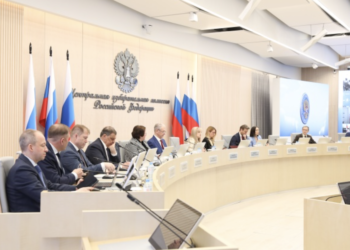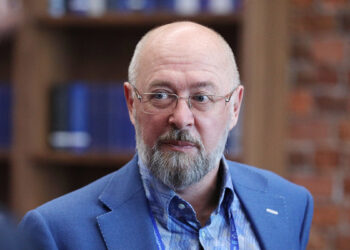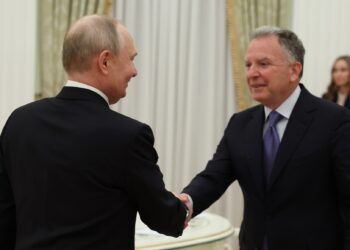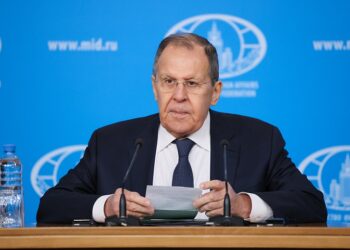ORENBURG (Realist English). On October 29, 2025, the Orenburg Theological Seminary hosted a lecture by Professor Alexander Dvorkin, Doctor of Theology, as part of the 18th Eurasian Theotokos-Christmas Readings. His talk addressed the spread of modern neo-pagan movements in Russia and the missionary challenges they pose to the Orthodox Church.
In the opening part of his lecture, Professor Dvorkin cited the example of Natalia (Radveda) Poklonskaya, whom he described as an active promoter of neo-pagan ideology advocating the “cult of ancestors” and so-called “Slavic paganism.”
“Modern neo-paganism is an artificial construct,” Dvorkin said. “In truth, we know only the names of a few deities — everything else is a late reconstruction or invention.”
The theologian also debunked several popular neo-pagan myths — including claims about the “bloody baptism of Rus,” the authenticity of the “Book of Veles,” and alleged suppression of folk culture by Christianity. According to Dvorkin, the Russian people have been Christian from their earliest formation, while paganism was limited to certain Slavic tribes.
In the second part of his lecture, the professor answered questions about combating neo-pagan sects. He noted that contemporary movements fall into two main branches — radical nationalist and eco-spiritual — though their active membership does not exceed 10,000 people. However, he warned that neo-pagan worldviews have become more widespread in society through social media and cultural narratives.
The event was attended by Metropolitan Peter of Orenburg and Saraktash, Fr. Peter Panov, rector of the seminary, Fr. Vadim Tatus, Archpriest Georgy Gorlov, Archpriest Artemy Shatov, as well as faculty members, students, and seminary staff.
Dvorkin concluded by urging clergy and educators to continue missionary and educational work aimed at countering pseudo-historical and anti-Christian narratives.


















